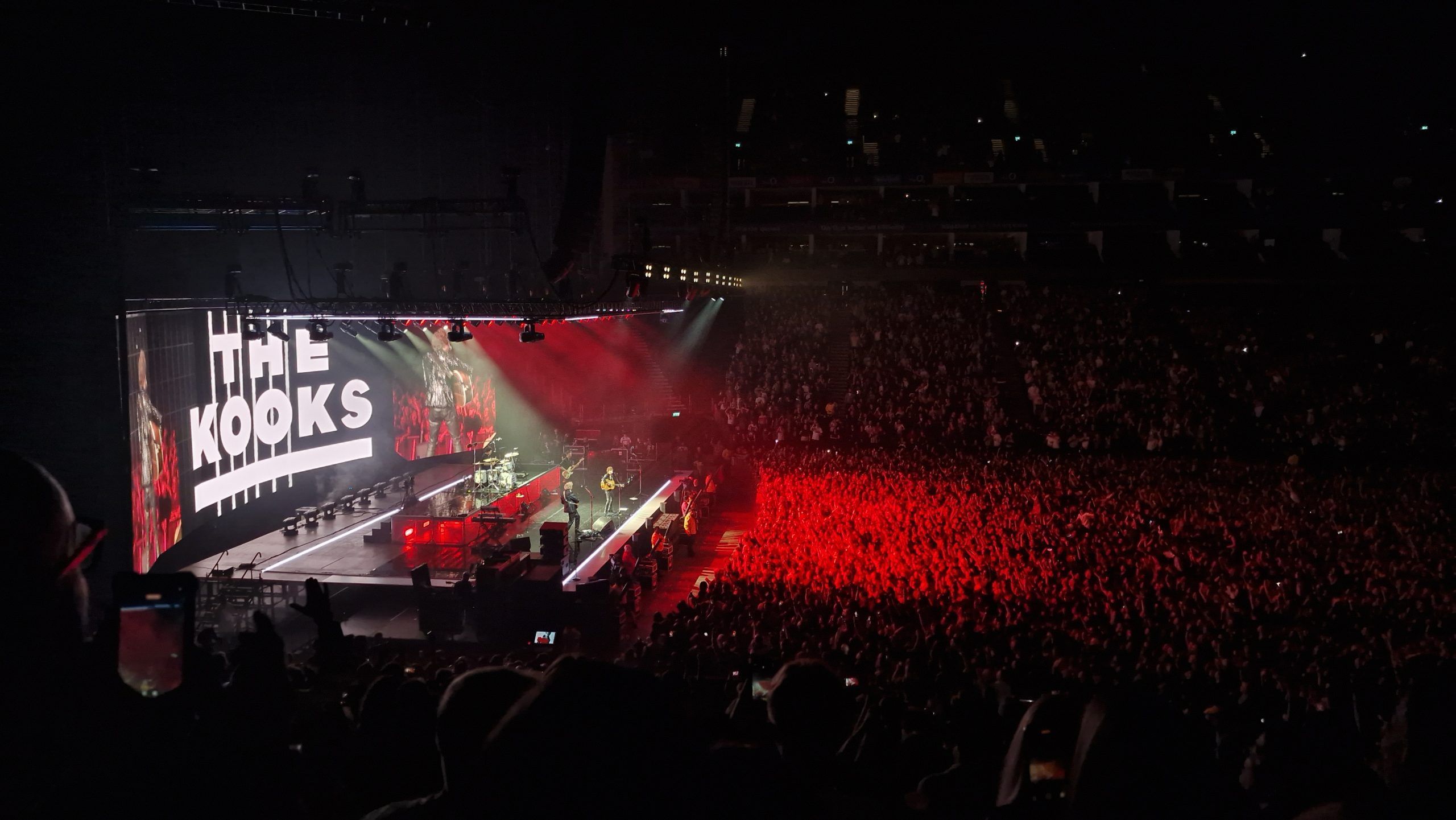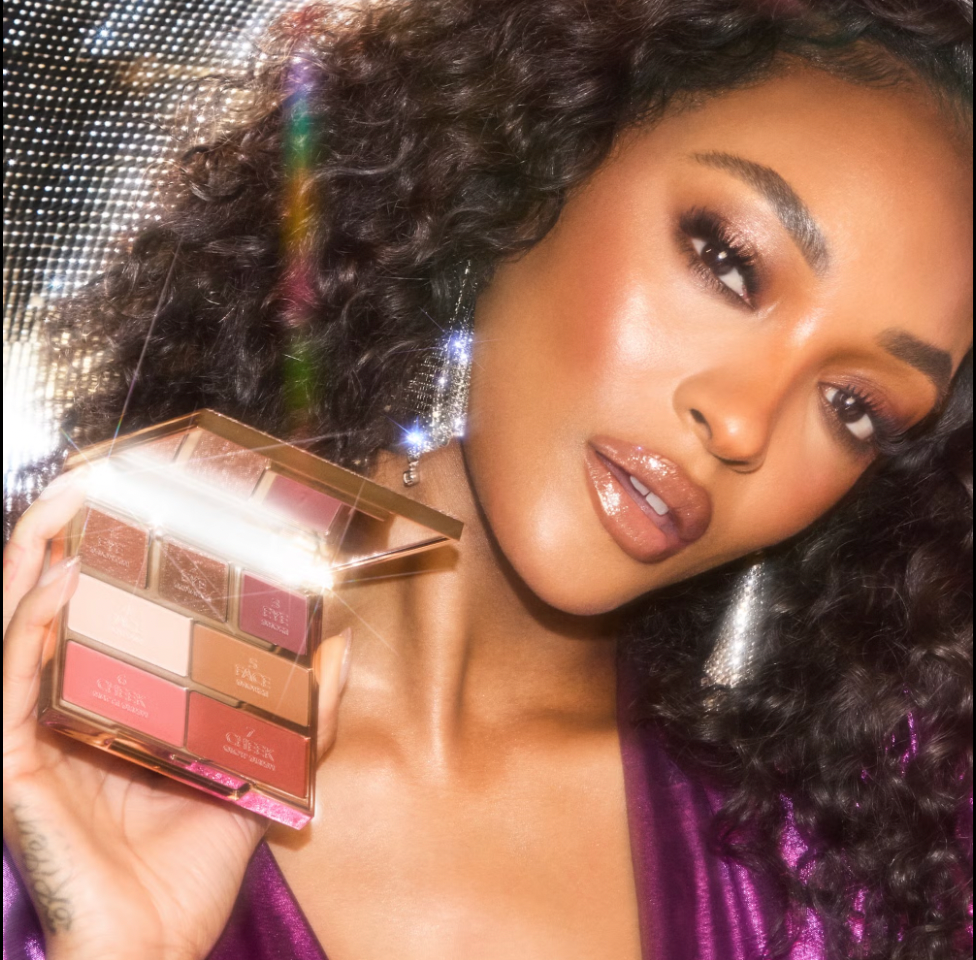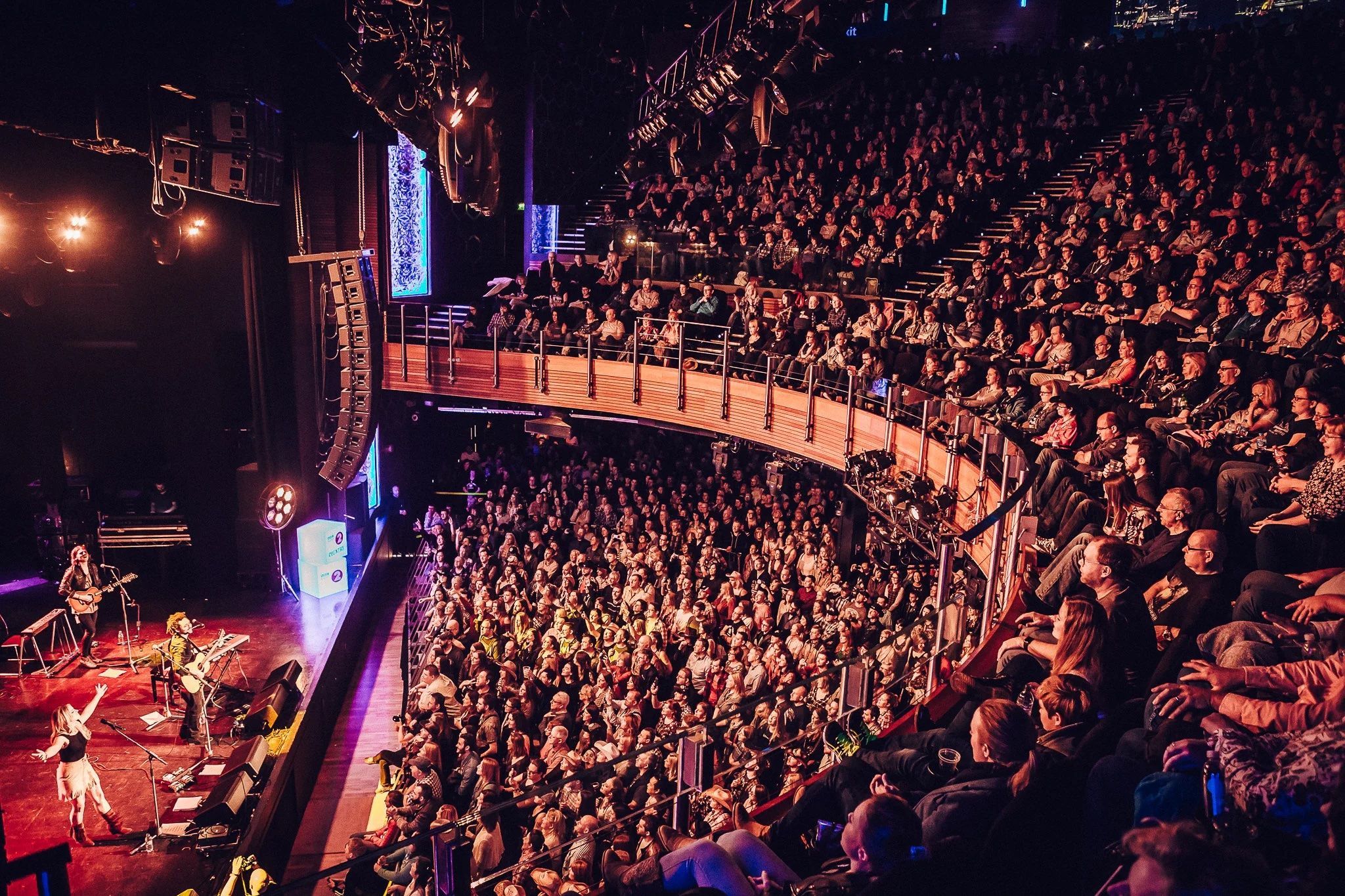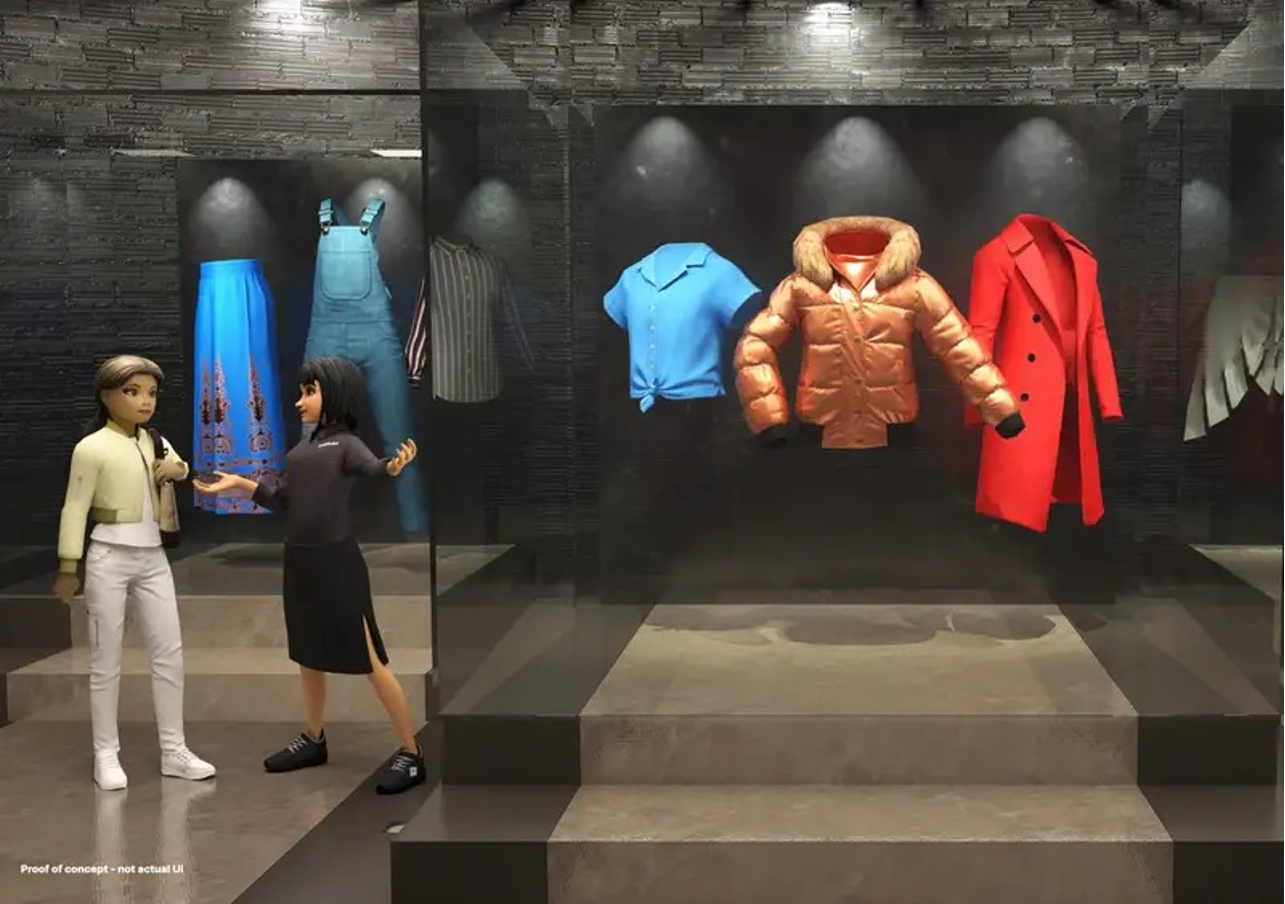
The landscape of luxury is shifting at a rapid pace, especially in North America, where Gen Z and Millennials are redefining prestige through immersive digital experiences rather than traditional material possessions. This transformation is anchored in the metaverse, a space where AI, VR, and blockchain converge to create exclusive, personalized, and highly interactive worlds of luxury. From digital fashion houses to virtual real estate and gamified casino systems, the very notion of “luxury” is evolving into an experiential concept where presence, identity, and status are curated through technology.
The Fabricant
The Fabricant is a pioneer in digital fashion, shaping the narrative of how younger generations interact with clothing in the metaverse. Instead of owning tangible garments, Gen Z and Millennials are purchasing digital pieces that exist exclusively online. These items are not just aesthetic—they serve as status symbols in virtual social spaces.
The Fabricant’s collections operate like haute couture but for avatars, enabling buyers to express identity in platforms such as Decentraland and Sandbox. Each piece is crafted with meticulous detail, resembling runway exclusivity but existing purely as code. This demonstrates the broader luxury shift—where uniqueness and scarcity are defined by blockchain verification, not physical fabric.
DRESSX
DRESSX is revolutionizing the wearable experience with virtual outfits that cater to both social media and metaverse platforms. For Millennials and Gen Z, who are accustomed to living part of their lives online, this brand provides the luxury of innovation—garments designed for AR try-ons, live streaming, and digital avatars.
With DRESSX, luxury wardrobes extend beyond closets into the cloud. Younger buyers see value in limited-release wearables authenticated by blockchain. Instead of saving up for a luxury handbag, many opt for digital collections that bring the same prestige in virtual communities where peers engage daily.
Decentraland & Sandbox Real Estate Trends
Virtual land ownership has become one of the most powerful symbols of wealth in the metaverse. In Decentraland and Sandbox, Gen Z and Millennials invest in plots of digital land that rival prime urban real estate in value. This is not only speculative investment—it is prestige, presence, and proof of belonging in high-status digital neighborhoods.
Much like traditional luxury homes in Manhattan or Beverly Hills, owning land in Decentraland or Sandbox signals exclusivity. High-value parcels are used for hosting concerts, fashion shows, and elite gatherings. Gen Z and Millennials, instead of waiting for traditional inheritance of wealth, are building prestige portfolios digitally.
NFT & Metaverse Luxury Insights – Vogue Business
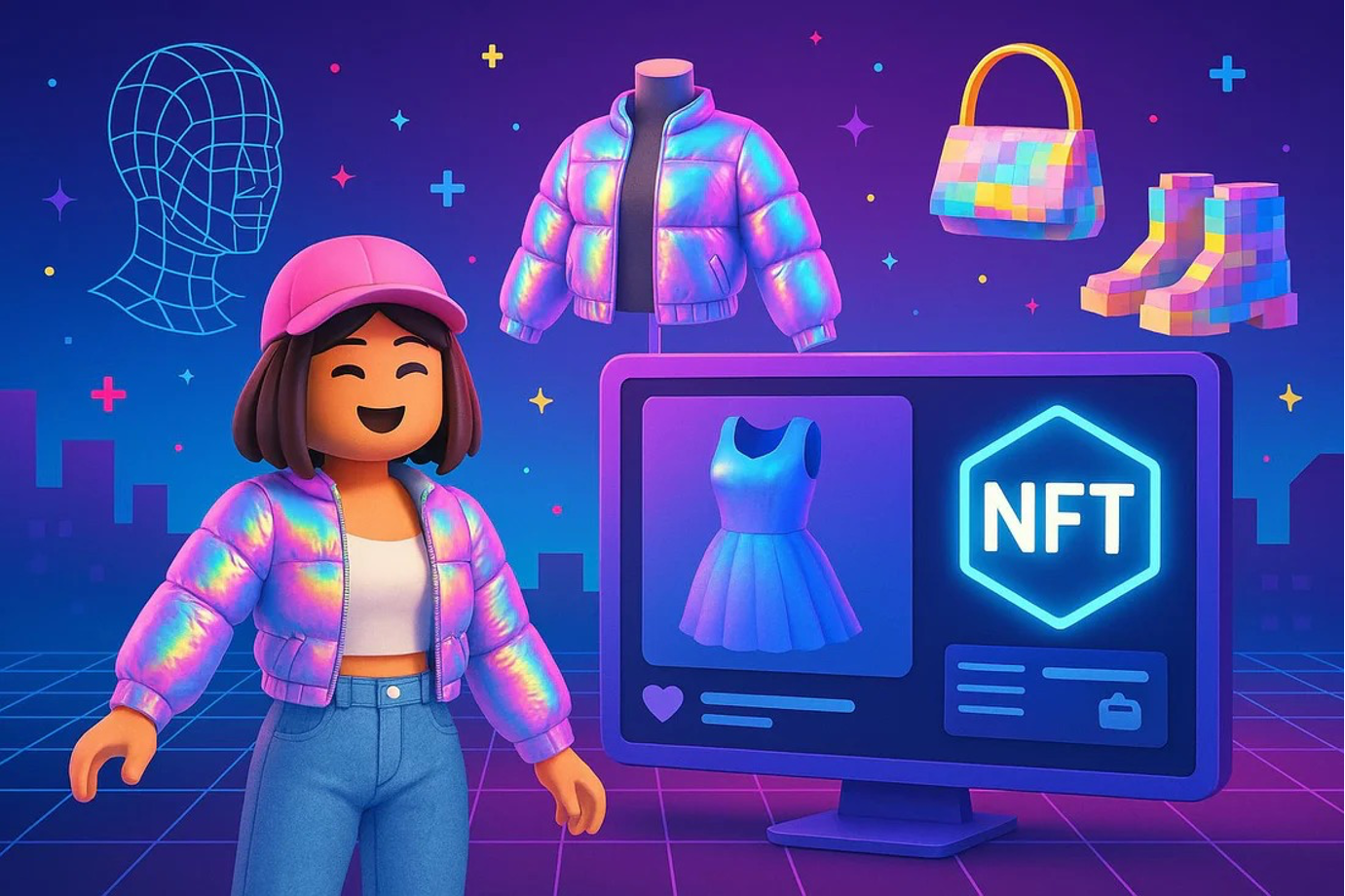
NFTs have cemented themselves as critical assets in luxury’s metaverse journey. Vogue Business highlights how luxury brands launch NFTs as limited-edition releases, often accompanied by digital experiences. This resonates deeply with younger consumers, who value collectibility and proof of ownership tied to blockchain.
An NFT-backed luxury release acts as both a collectible and a social badge of honor. Gen Z and Millennials often flaunt these assets across digital platforms as proof of identity and access. This move toward exclusive ownership creates a new hierarchy of prestige where digital proof outweighs physical possession.
Online Casino Technology Trends – Statista
Online casinos have embraced technology-driven luxury models that align perfectly with Millennial and Gen Z consumer preferences. Several of the highest paying online casinos sites are transforming their platforms into prestige-driven experiences, offering gamified VIP systems and immersive UX designs that rival traditional luxury clubs.
These platforms integrate loyalty systems with blockchain, AI-driven personalization, and VR interfaces. For younger audiences, the allure lies not just in winning but in being part of exclusive digital circles. By fusing entertainment, rewards, and immersive interfaces, online casinos mimic the exclusivity of luxury lounges, drawing digital natives into their ecosystems. The emergence of highest paying online casinos as leaders in luxury-driven innovation highlights how experiential prestige now replaces physical exclusivity.
Blockchain Loyalty & AI – TechCrunch
Blockchain and AI together form the foundation of new luxury engagement models. TechCrunch highlights how these technologies ensure personalization, exclusivity, and transparency in digital luxury ecosystems, attributes that resonate strongly with Millennials and Gen Z.
AI enables hyper-personalized luxury experiences, while blockchain ensures that these experiences carry immutable proof of authenticity. Whether it’s a limited NFT release, a gamified loyalty tier, or digital fashion ownership, the combined power of these technologies ensures that luxury in the metaverse is both exclusive and verifiable.
Shifting Prestige from Material to Experiential
The cultural shift among Gen Z and Millennials is clear: luxury is no longer only about tangible possessions but about experiences and digital prestige. Immersive, interactive environments provide greater social capital than physical goods.
For younger demographics, attending a virtual gala in Sandbox or showcasing a rare NFT on social media carries more weight than owning a physical designer watch. Digital presence, exclusivity, and interactivity now define status more than material accumulation.
AI-Powered Personalization in Luxury
Artificial intelligence plays a pivotal role in curating individual experiences. For Millennials and Gen Z, AI-driven personalization ensures that luxury is deeply tied to their identities.
AI analyzes behavior, preferences, and patterns to deliver bespoke luxury journeys. Whether it’s recommending virtual wearables, exclusive NFTs, or personalized casino VIP experiences, AI ensures that digital prestige aligns perfectly with individual tastes.
Virtual Fashion as a Status Symbol
Digital fashion is fast becoming a defining factor in how Gen Z and Millennials present themselves in online spaces. The idea of status through clothing now extends far beyond the physical world.
Virtual wardrobes, supported by blockchain authentication, allow younger audiences to present exclusivity in the digital realm. Digital outfits that exist only in AR or VR platforms serve as luxury items equivalent to a high-end physical brand.
The Future of Digital Luxury in North America
North America’s luxury market is evolving under the influence of Gen Z and Millennials, who are driving the fusion of technology with prestige. With VR platforms, NFTs, AI, and blockchain, digital luxury ecosystems are being built at scale.
The metaverse represents more than just an alternate reality—it is the foundation for new definitions of wealth, luxury, and status. As Gen Z and Millennials continue curating prestige in digital spaces, brands, casinos, and fashion houses alike will evolve into hubs of immersive experiences where exclusivity thrives beyond the physical world.

